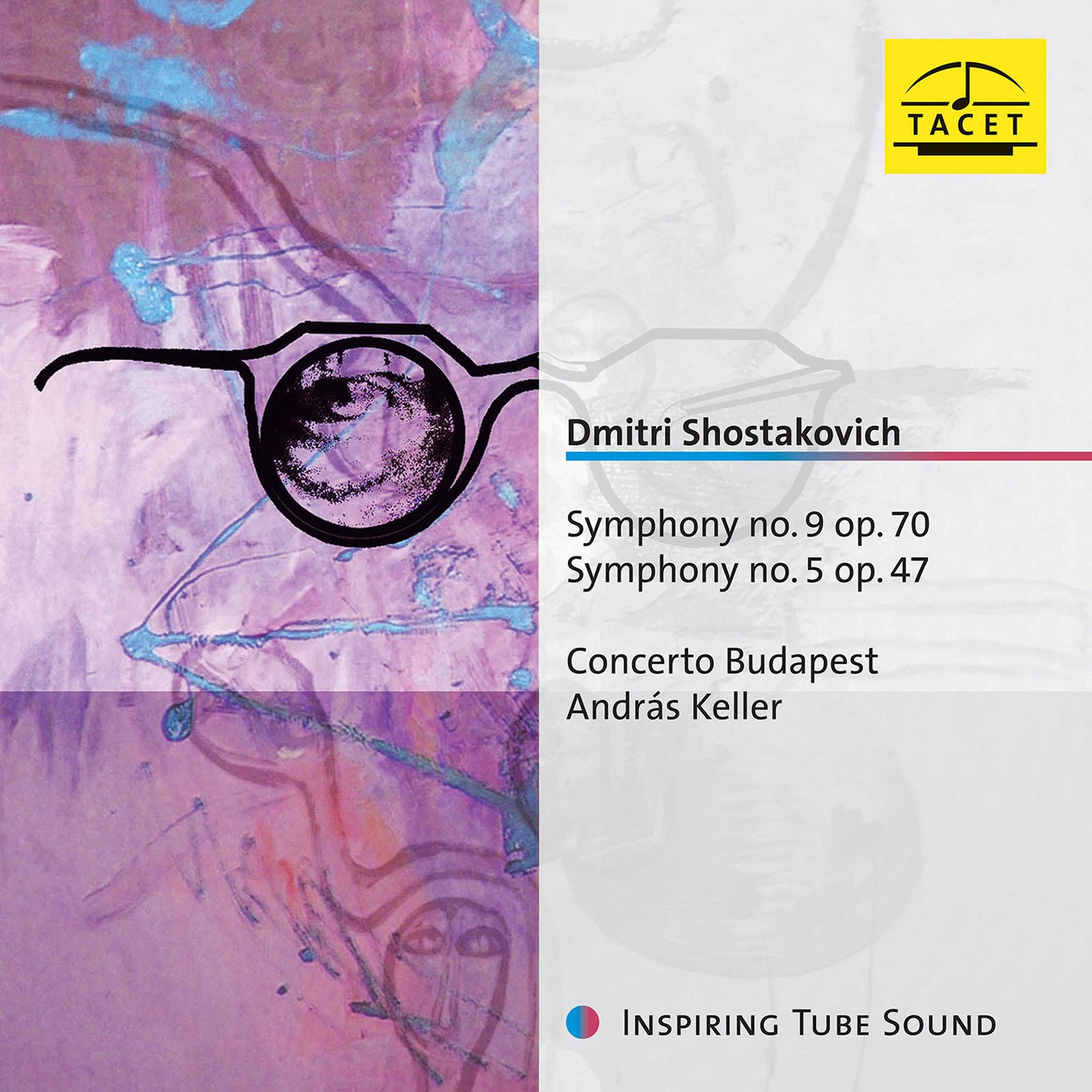Shostakovich from Budapest: Symphonies 5 & 9
Concerto Budapest remains a superb ensemble of the top rank

Concerto Budapest featured at Guildford’s G-Live a while ago on Classical Explorer. Here is a coupling of two of Shostakovich's most popular symphonies.
The Ninth, appearing between the gargantuan Eighth and the emotionally laden Tenth in Shostakovich’s output, showcases Concerto Budapest’s tremendous discipline. The first movement is full of acerbic wit, almost circus-like in its dance-like, angular gestures, with trombone with its two-note fanfare as ring master:
The technical perfection of the first movement doesn't mean depth is out of the question, however, as theModerato, the real slow movement of the five (there is a later, short Largo) proves. Listen to the strings, their control, the careful phrasing; or the balancing of the woodwind:
I just want to quote the third movement, for the trumpet solo more than anything. This is pretty much perfect brass playing; the winds are appropriately nimble, too:
The weight returns with that Largo and its perfectly drilled and judged brass entrance. You have to wait for it, but it makes a real effect:
A studio recording from the Italian Institute in Budapest (June 2019), the finale I am sure would have just that ouch more abandon in the concert hall. Here, it's deft, neat and almost outrageous:
Previously, we considered Lahav Shani's excellent Shostakovich Fifth on Warner Classics. Concerto Budapest is leaner, almost more matter-of-fact - and yet with that objectivity comes emotive power. The reluctance to bend from Keller makes this a powerhouse of a performance:
It does mean the famous flute and horn duet is nearly glossed over though; the relaxation seems to come later. close to the end of the movement.
Interestingly, the second movement positively dances like few (any?) others. It's almost balletic:
This is though one of the finest Largos of the Fifth I have heard. The flute and harp passage is positively mesmeric; the whole, in fact, is a held-breath experience which, here, does transcend the recording studio:
The finale's opening is forceful, but what's notable is we can hear every strand of the opening chord, the woodwind trills a powerhouse of energy. The music scampers - much, initially at least, like the first movement of the Ninth, before it moves towards that controversial ending. D major, for sure, but is this triumphalist or deliberately banal in its gestures?:
Concerto Budapest remains a superb ensemble of the top rank. Tacet's recorded sound is exemplary. A fabulous disc.
The compact disc version is available here at Amazon at £14.15; the SACD Surround Sound release goes for about a fiver more here.
